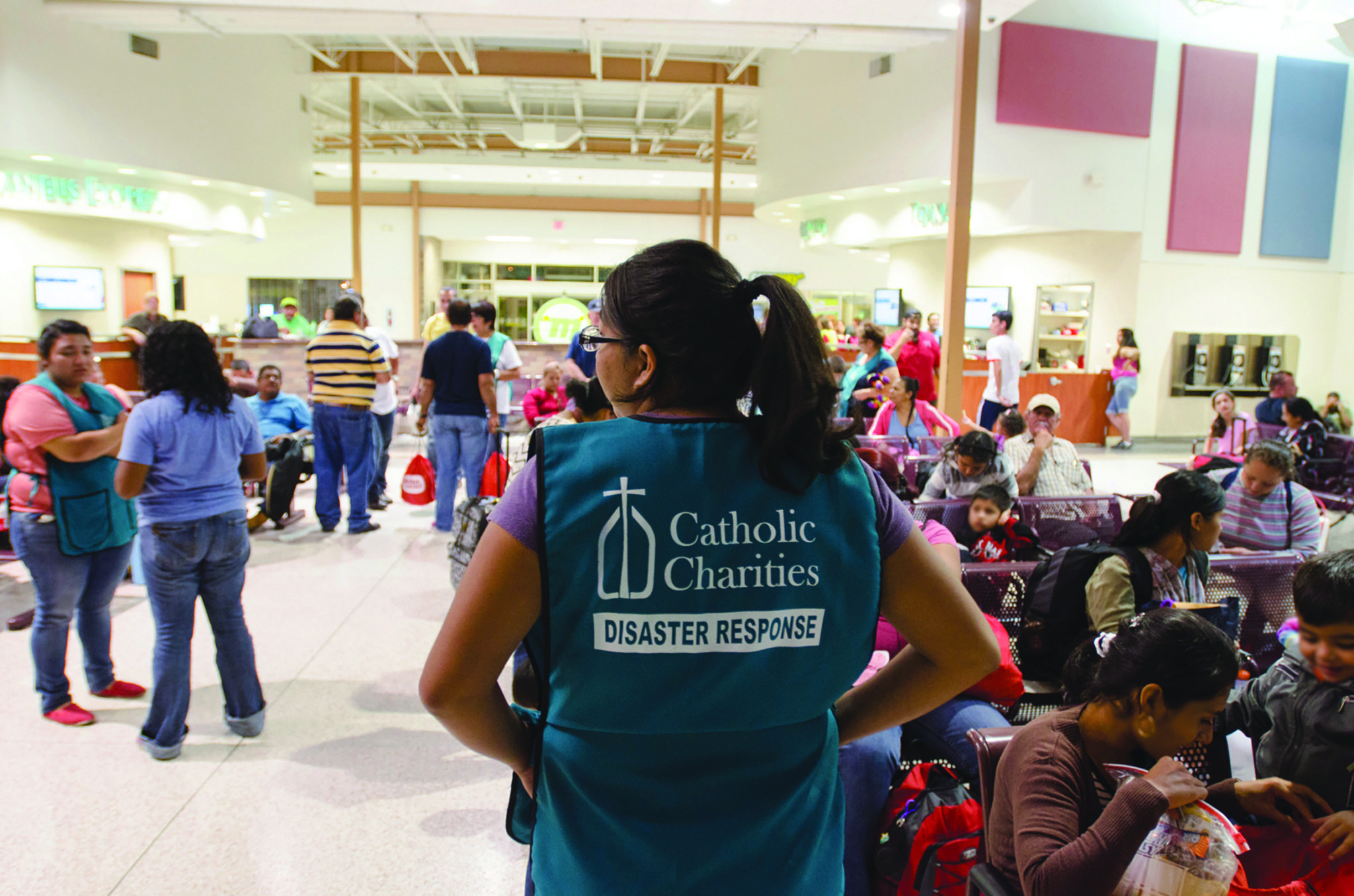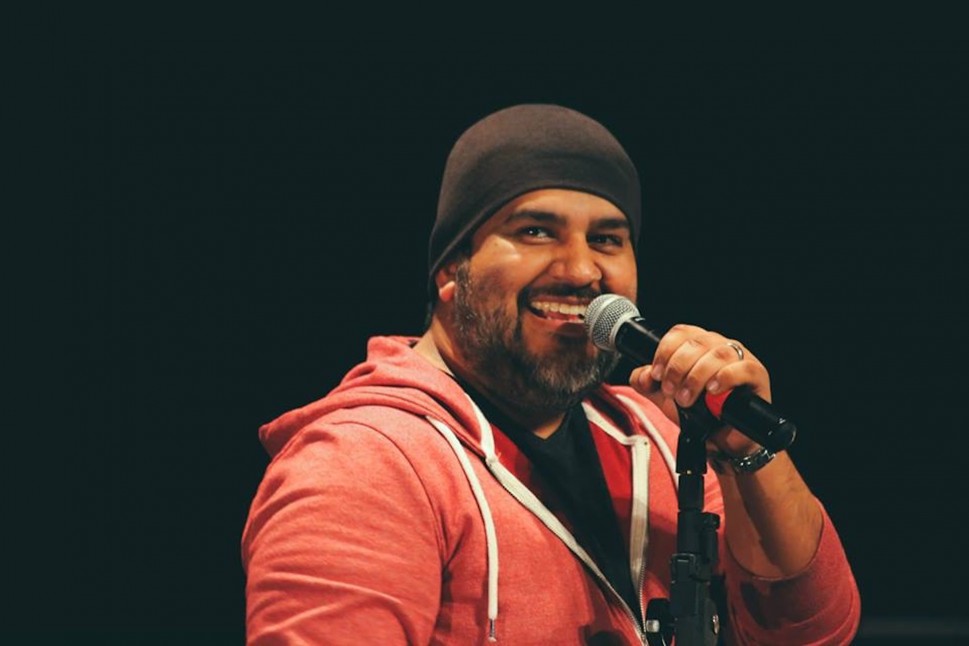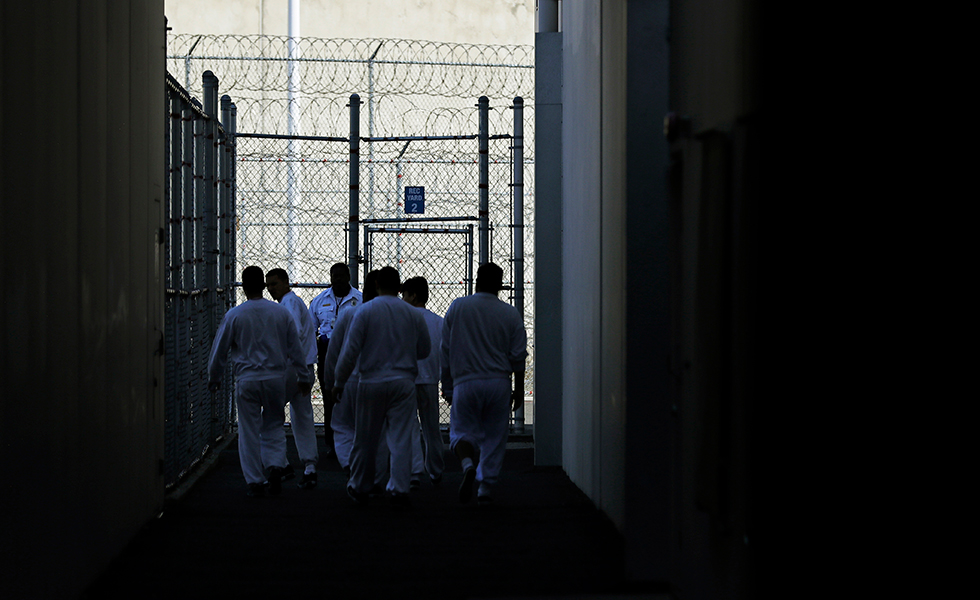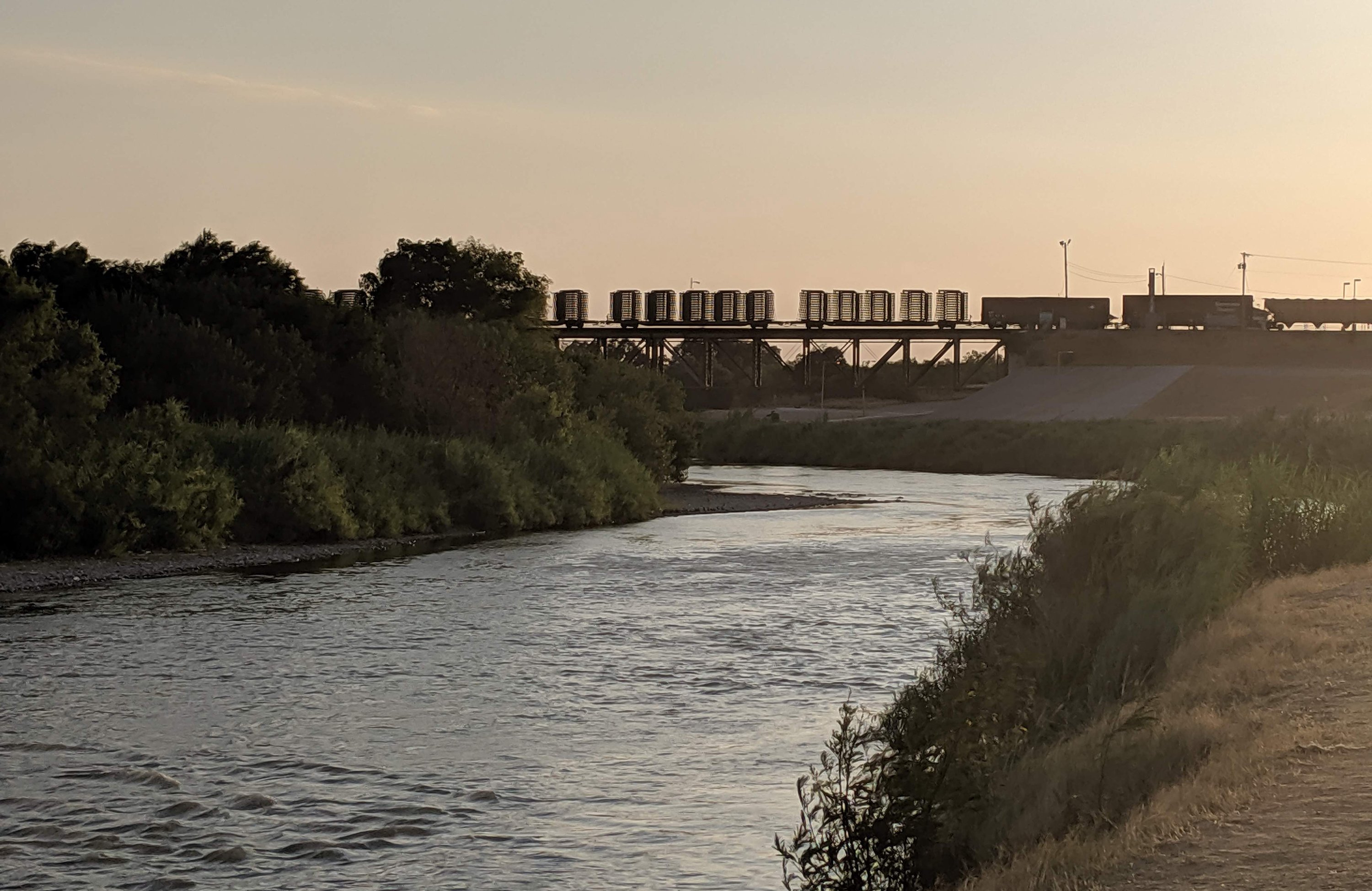
McAllen Catholic Church Continues to Open Its Doors to Central American Migrants

A version of this story ran in the September 2015 issue.
Above: At the McAllen bus station in the summer of 2014, a Catholic Charities volunteer watches while Latin American immigrants prepare to leave for other parts of the country.
A little more than a year ago, Sister Norma Pimentel asked the priest at Sacred Heart Catholic Church in McAllen if she could borrow his parish hall for a couple of days. It was mid-June 2014, thousands of women and children were arriving from Central America, and the Border Patrol’s processing center was at capacity. Every day at the McAllen bus station, agents were releasing hundreds of women and children, leaving them to navigate the United States on their own.
Before arriving in Texas, the women and children had traveled thousands of miles, and they were in rough shape: hungry, some of them ill and many traumatized. Pimentel, executive director of Catholic Charities of the Rio Grande Valley, had something temporary in mind when she approached the priest at Sacred Heart. She envisioned a place manned by volunteers where families could have a meal, a shower and a fresh change of clothes before getting on a bus to reunite with family members in other parts of the United States. The church was a short walk from the station, and it seemed like the best solution at hand.
“I think the first day we saw 200 people,” Pimentel says. “We started sending messages on Facebook, calling people we knew, and they contacted their friends and the response was overwhelming.”
Within hours an army of local volunteers had mobilized and donations began to arrive at the church. The city of McAllen and Hidalgo County pitched in, loaning generators, tents, portable showers and even a security guard. Other local churchesand the Food Bank of the Rio Grande Valley collected food and other donations. By the July Fourth weekend, more than 1,000 volunteers were on hand. Just coordinating the sheer number of volunteers and donations became a challenge.
TV cameras arrived from all over the country. The huge influx of Central Americans soon became a cause célèbre, sparking a political debate that devolved largely into scapegoating and xenophobia. Throughout it all, the people of the Rio Grande Valley kept working to make sure the families who had suffered so much at home felt at least some sort of welcome in the United States.
A year later, most of the TV cameras and politicians have moved on. Some of the volunteers have gone home and donations have dwindled. But the need is still there. Pimentel says she never imagined she’d still be running the shelter at Sacred Heart.
“What we see every day are women who fear for the lives of their children. If that doesn’t change, they won’t stop coming.”
In July 2015, the church reached a milestone: 20,000 people served. At the height of summer, the shelter was receiving at least 100 refugees a day — about half the number of 2014, but still a significant sum.
Carlos Garcia, a McAllen immigration attorney who gives legal-orientation talks at the shelter, worried over Facebook about his community reaching its limit. “The local community has been very supportive for over a year,” Garcia wrote. “Even our conservative city leaders have been extremely generous. But, I can sense that the community is feeling taxed.” McAllen, which has contributed more than $300,000 to the shelter, has struggled to obtain reimbursement from state or federal government.
Pimentel worries that local donors and volunteers could drop off further if the crisis continues, and she says she doesn’t see an end to the need — at least not now. “It would be tough to make this a permanent shelter,” she says. “But I think people will continue to come if the problems aren’t solved in their countries. What we see every day are women who fear for the lives of their children. If that doesn’t change, they won’t stop coming.”


